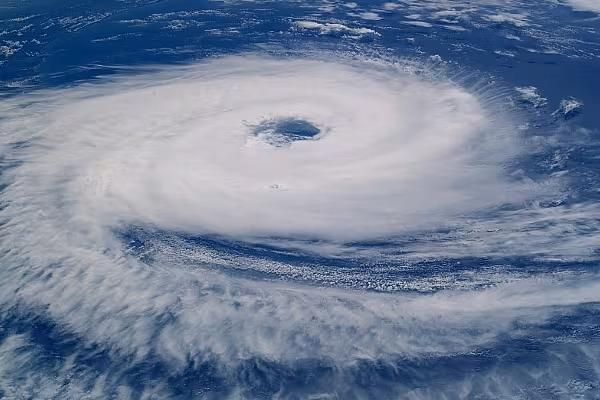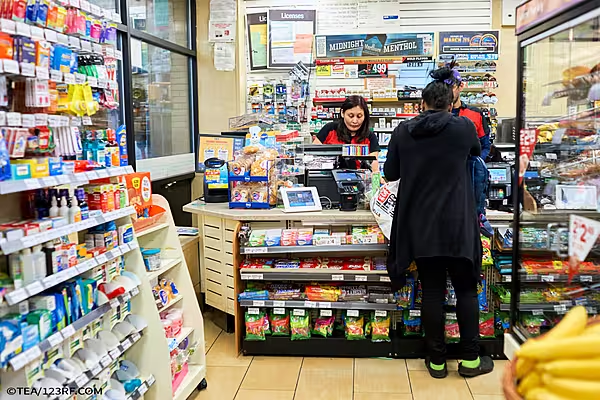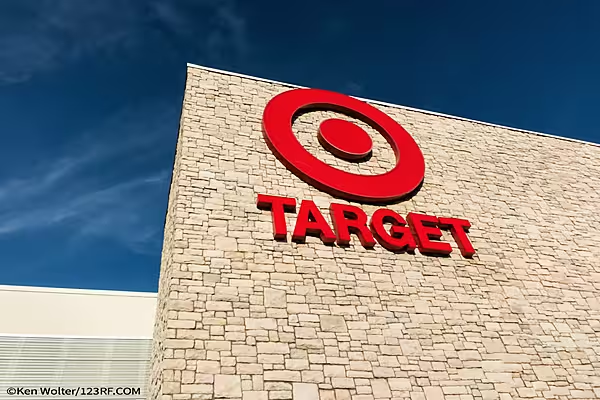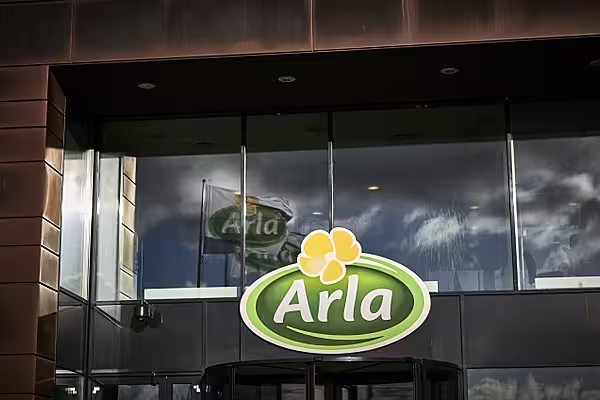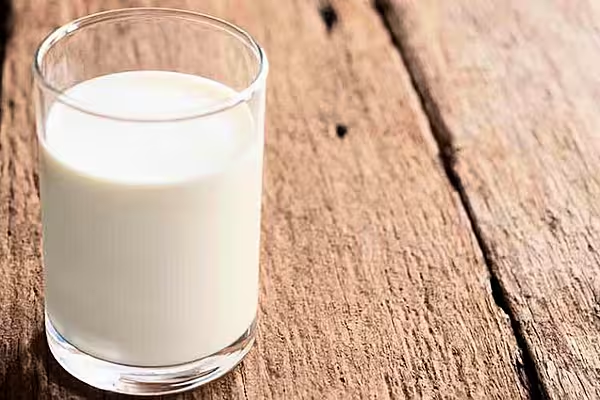Thousands of unripe oranges littered the ground at the Bereah Grove in Frostproof, Florida. Some trees were split, ripped from the ground or flooded in the aftermath of Hurricane Irma. The grove is one of many owned by Alico Inc., the nation’s largest citrus producer, that were vulnerable in Irma’s path.
Joel Rivera, 65, an irrigation worker for Alico in Frostproof, said his biggest concern was the amount of fruit on the ground. "I’m not too worried about the trees themselves," Rivera said. "One tree is down here, one is flooded there, but the hurricane took a lot of fruit off these trees."
Alico, based in Fort Myers, said Tuesday that while most of the trees it has in eight Florida counties remain intact, there appears to be significant loss of fruit. In a statement, the company said it has yet to figure out the extent of the damage across the 47,000 acres of orange groves it owns or manages. It may take several weeks, Alico said. The company’s shares jumped 13 percent this week, erasing losses from Friday as Irma was reaching the mainland.
Damage
The storm that ravaged the state over the past week may have stripped off half the fruit on Florida’s trees, according to the state’s biggest citrus-growers organization, further reducing a harvest that was expected to be the smallest in 50 years. That could spell trouble for production next season in Florida, the biggest American source of juice oranges.
Orange-juice futures that were the lowest in 13 months as recently as July are up 21 percent since Aug. 30, when the hurricane first began to emerge in the Atlantic Ocean.
“The damage probably was worse than expected -- more extensive,” said Donald Selkin, the New York-based market strategist at Newbridge Securities, which manages around $2 billion. “It may last into future crops.”
Devastating Storm
Irma, the most devastating weather event ever in Florida, arrived just as growers were set to wrap up a harvest this month that would mark the fifth straight year of declining output. The spread of a tree-damaging disease called citrus greening, along with urban sprawl and periodic damage from hurricanes, has led to fewer acres of citrus trees. Farming costs are rising, and Americans are drinking less orange juice than they once did.
Still, analysts were expecting production to rebound a bit in the season that starts next month, after growers expanded techniques designed to limit the spread of greening. The Florida Department of Citrus had been expecting the 2018 crop could reach 75 million boxes, each weighing 90 pounds, or 41 kilograms. Now, that recovery appears unlikely.
The U.S. Department of Agriculture will issue its next crop forecast on Oct. 12.
“While the full extent of the impact is still being explored, this is definitely an event with very significant damage,” with next season’s crop likely to be “much less” than previously forecast, Shannon Shepp, the executive director of the Florida Department of Citrus, said in an emailed statement. “In some cases, growers are dealing with trees out of the ground.”
A lot of fruit was blown off trees, making it unusable, according to Florida Citrus Mutual, a Lakeland, Florida-based organization that represents 8,000 grower members.
Half of Crop
Michael Sparks, the group’s chief executive officer, said losses in the southwest region were reported at 50 percent to 75 percent, according to Citrus Industry magazine’s website. Nick Place, director of Florida Cooperative Extension Service in Gainesville, Florida, said in an interview that his agency’s survey of some growers showed losses of 30 percent to 50 percent.
Traders are expecting the damage to be widespread. Frozen, concentrated orange juice on ICE Futures U.S. in New York touched a four-month high of $1.5865 a pound Tuesday. It was 0.4 percent higher at $1.5780 at 8:03 a.m. local time Wednesday.
While prices are down from a year earlier, the rally this month and the prospect of fewer oranges from next year’s crop could mean higher costs for Coca-Cola Co., which owns the Minute Maid brand, and PepsiCo Inc., which sells the Tropicana brand.
Coca-Cola declined to comment on prices. A PepsiCo spokesman didn’t immediately return phone calls.
“Our juice operations are back up and running following Hurricane Irma,” Nancy Bailey, a spokeswoman for Atlanta-based Coca-Cola, said in an emailed statement. “While we are confident that we will be able to maintain continuity of supply to our customers, we are working closely with our suppliers as they assess the storm’s impact to their citrus groves.”
It’s been a difficult season for orange growers. Even after this month’s rally, prices are down 18 percent in the past year. That’s partly because rising imports from Brazil, the world’s largest grower, were expected to make up for any reductions in output from Florida, which accounted for 58 percent of the most current season’s domestic production. The state is also the biggest grapefruit grower.
News by Bloomberg, edited by ESM. Click subscribe to sign up to ESM: The European Supermarket Magazine.
